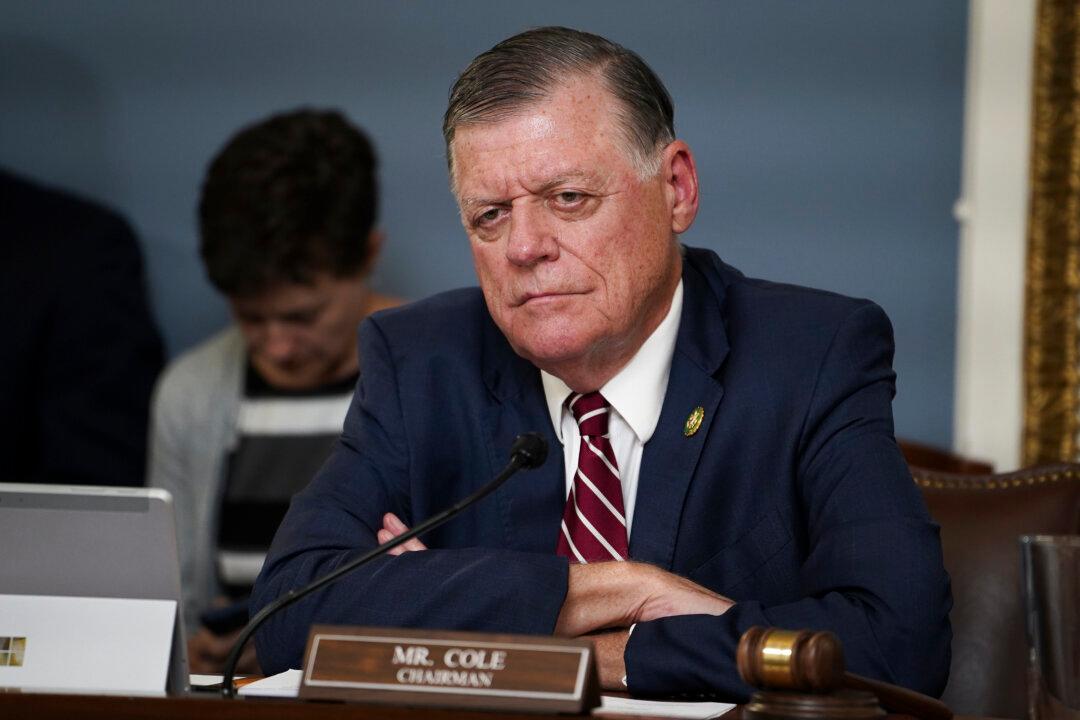The House on Nov. 6 debated its proposed $93 billion Fiscal Year 2024 (FY24) Transportation, Housing, and Urban Development budget for five hours before adjourning without a floor vote shortly after 9 p.m.
The chamber is expected to resume HR 4820 deliberations by early afternoon on Nov. 7 as the Republican-led House attempts to adopt the eighth of the 12 appropriations packages that constitute the annual federal budget.
As with at least five of the seven FY24 budget bills adopted by the House, the chamber’s Transportation, Housing, and Urban Development (THUD) spending plan is certain to be rejected in the Democrat-led Senate as days wind down before a stopgap measure funding the federal government expires Nov. 17.
The House adjourned after the en blanc adoption of 25 amendments and with 38-of-49 proposed amendments remaining on the docket.
Among them are proposals to strip funding for the Department of Transportation (DOT) and Department of Housing & Urban Development (HUD) Diversity, Equity, and Inclusion (DEI) programs and federal grant funding for the Washington D.C. metro train system.
Considering HR 4820 already trims mass transit funding by 85 percent, Amtrak spending by 64 percent, defunds regulatory allocations for assistance in greenhouse gas and carbon emission reduction targets and cuts money for numerous housing programs, Democrats questioned if Republicans were serious about adopting a budget before Nov. 17.
“I worry that we no longer have two parties willing to meet today’s challenges,” Rep. Rosa DeLauro (D-Conn.) said. “This bill would cripple our economy, eliminate thousands of jobs. And I must underscore that this a messaging bill. I am taking Republicans at their word, as should all of the American people: This is where they plan to take this country.”





